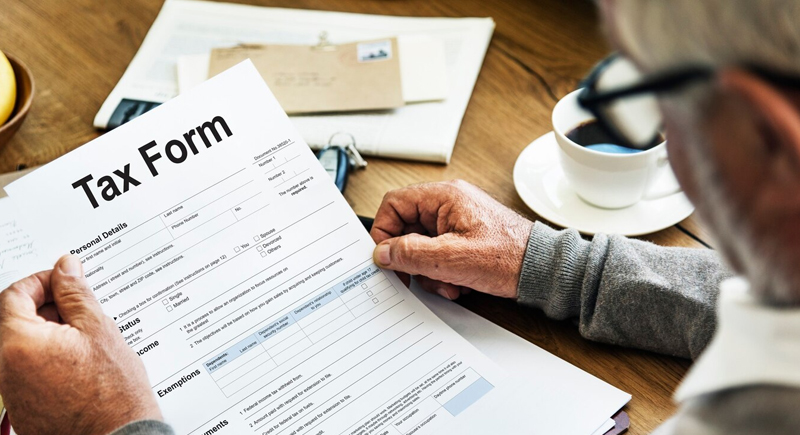So, you left the hospital feeling (mostly) recovered, but the bill sitting on your counter is making you feel faint all over again. Ignoring that bill might seem like a temporary solution and a very tempting one, but trust us, it's a recipe for financial and emotional distress down the road. Here's a chilling look at what could happen if you don't pay your hospital bill:
Collection Agencies Come Knocking (and Calling)

Credit: istockphoto
Hospitals don't mess around. Unpaid bills get sent to collections agencies, notorious for their relentless pursuit of payment. Expect a constant barrage of phone calls, letters, and even visits to your doorstep.
Credit Score Takes a Nosedive

Credit: freepik
A single unpaid medical bill can wreak havoc on your credit score. This three-digit number is crucial for securing loans, renting an apartment, and even getting a job. A bad credit score can haunt you for years.
Wage Garnishment

Credit: freepik
In some extreme cases, hospitals can resort to wage garnishment, taking a portion of your paycheck to pay off the debt. This can significantly impact your ability to make ends meet and leave you feeling financially suffocated.
Lawsuit Looming

Credit: freepik
Ignoring a hospital bill can escalate to a lawsuit. Hospitals have the legal right to sue you to recover the cost of your treatment. Legal fees on top of the original bill can make a bad situation even worse.
Denied Future Medical Care

Credit: freepik
Believe it or not, some hospitals may refuse to treat you in the future if you have unpaid bills. This can be a terrifying situation, especially in the case of an emergency.
Trouble Getting Insurance

Credit: freepik
A history of unpaid medical bills can make it difficult to obtain health insurance in the future. Insurance companies view you as a high risk, making them less likely to cover you.
Utilities Shut Off

Credit: freepik
In some dire scenarios, unpaid medical debt can lead to the shutoff of essential utilities like electricity or water. Imagine coming home to a dark, cold house because of an unpaid hospital bill.
Tax Refund Seized

Credit: freepik
Looking forward to that tax refund? Think again. The government can seize your tax refund to offset unpaid medical debt owed to a government agency.
Financial Aid for College a No-Go

Credit: freepik
Unpaid medical debt can also impact your child's future. A negative credit history due to medical bills can make it challenging to qualify for financial aid for college.
Mental Health Takes a Hit

Credit: freepik
The stress and anxiety of dealing with unpaid medical bills can take a toll on your mental well-being. Financial strain can lead to depression, insomnia, and other mental health issues.
Relationships Strained

Credit: freepik
Mounting medical debt can put a strain on your relationships with family and friends. Financial stress can create tension and conflict within your loved ones' circle.
Trouble Finding a Job

Credit: freepik
Potential employers often conduct credit checks as part of the hiring process. A history of unpaid medical debt can raise red flags for some employers, making it harder to land your dream job.
Move Out of Your Dream Home

Credit: freepik
Unpaid medical debt can also impact your ability to qualify for a mortgage. Even with a decent income, a bad credit score due to medical bills can prevent you from securing a loan for your dream home. Don't let medical debt become a roadblock to achieving your housing goals.
Bankruptcy: A Last Resort

Credit: freepik
In the most severe cases, bankruptcy might be the only option left. This complex legal process comes with a long-term impact on your financial standing and requires significant legal fees.








